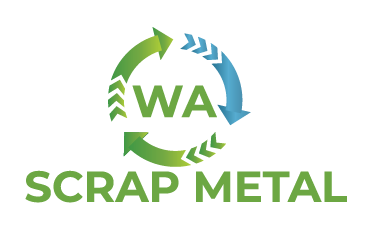In the modern era of environmental consciousness, metal recycling has emerged as a crucial element in sustainability efforts. Metal recyclers play a significant role in reducing waste, conserving natural resources, and minimizing the environmental impact of metal production. This article delves into the importance of metal recyclers, the process they follow, and the benefits they offer to the environment and economy.
What Metal Recyclers Do
Metal recyclers are involved in the collection, sorting, processing, and recycling of discarded metal materials. These materials can range from everyday items like aluminum cans and steel containers to larger sources like automotive parts and industrial machinery. The process typically involves several key steps:
- Collection: Metal waste is gathered from various sources, including households, industries, and scrap yards.
- Sorting: Metals are sorted based on type and quality. This step often utilizes advanced technologies like magnets and sensors.
- Processing: The sorted metals are cleaned and shredded into smaller pieces to facilitate melting.
- Melting and Purification: The shredded metals are melted in large furnaces, then purified to ensure quality.
- Solidifying: Once melted and purified, the metal is cooled and solidified into bars, sheets, or other forms.
- Distribution: These recycled metals are then sent to manufacturers to be used in new products.
Environmental Benefits
The environmental advantages of metal recycling are substantial:
- Resource Conservation: Recycling metals reduces the need for virgin metal extraction, conserving natural resources and preserving ecosystems.
- Energy Efficiency: Producing metals from recycled materials uses significantly less energy compared to new metal production from raw ore.
- Reduced Emissions: Lower energy consumption leads to reduced greenhouse gas emissions, helping combat climate change.
- Waste Reduction: Recycling metals reduces the volume of waste sent to landfills and decreases soil and water pollution.
Economic Impact
Metal recycling is not only beneficial for the environment but also for the economy:
- Job Creation: The recycling industry generates employment opportunities in collection, processing, and distribution.
- Cost Savings: Recycled metals are often less expensive than virgin metals, reducing costs for manufacturers and consumers.
- Market Stability: Recycling provides a stable supply of materials, protecting against market fluctuations in raw material availability.
Challenges and Future Directions
Despite its benefits, metal recycling faces challenges such as:
- Contamination: Non-recyclable materials mixed with metal scrap can hinder the recycling process.
- Technological Advancements: Continuous improvement in sorting and processing technologies is essential for efficiency.
- Global Collaboration: Addressing the global nature of metal supply chains requires international cooperation in recycling standards and practices.
Looking ahead, the future of metal recycling is promising. With advancements in technology, increased awareness, and stronger regulatory frameworks, metal recyclers are set to play an even more significant role in sustainable development.
Conclusion
Metal recyclers are vital in the quest for environmental sustainability. By efficiently recycling metals, they help conserve natural resources, reduce waste, and mitigate climate change, all while contributing positively to the economy. As global awareness and technology continue to advance, the impact of metal recycling will only grow, reinforcing its importance in our sustainable future.

